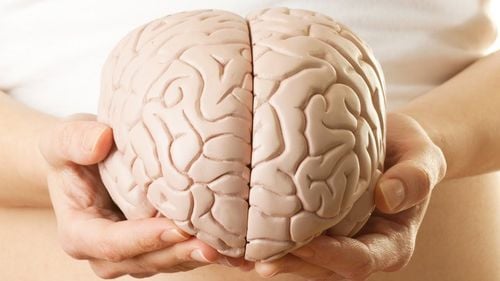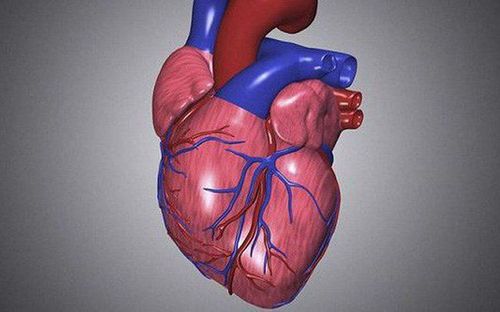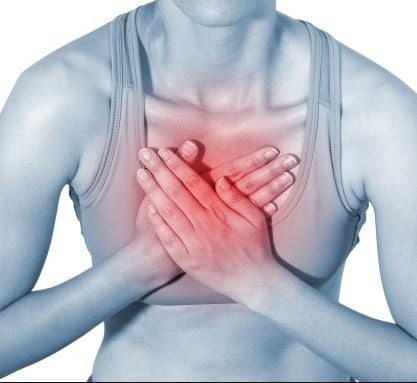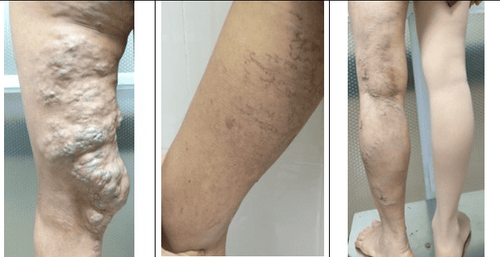This is an automatically translated article.
The article is professionally consulted by Master, Doctor Cao Thanh Tam - Cardiologist - Cardiovascular Center - Vinmec Central Park International General Hospital.1. Treatments for stage 3 . heart failure
Use all measures of stage 1 and 2. When there are signs of fluid retention (group I): Diuresis and salt restriction. Beta-blockers (UCBs) (Carvedilol, Nebivolol, Bisoprolol, Metoprolol Succinate): Beta-blockers can be used in all cases, except for contraindications to the disease (Class I). Use ivabradine alone or when heart rate is above 70 beats/min, add an ARB (Class IIa). Use Angiotensin II receptor blockers (CTTAs), ARBs alone or in combination (Class I). Digitalis (Group IIa). Avoid nonsteroidal anti-inflammatory drugs, antiarrhythmics or COX-2 inhibitors, CKCa (Class I). Combination of beta-blockers, ACE inhibitors with Hydralazine plus nitrates (Group IIa). Exercise properly according to the instructions (Group I). Aldosteron antibodies: Eplerenone, Spironolactone (Class I). Biventricular pacing or myocardial resynchronization (Class I). ICD method (implanted defibrillator pacemaker) (Group I). Things to note that should not be done during the treatment of stage 3 heart failure:
Should not routinely combine ARBs, ACE inhibitors with aldosterone antagonists. The routine use of CKCa is not recommended. Long-term infusion of vasopressors can be harmful, in the case of patients with end-stage heart failure. Except for the case of hormone replacement, the rest should not be used because hormone treatment can be harmful to the patient.
2. Treat stage 3 heart failure with drugs
2.1 Diuretics Diuretics are the basic type used in the treatment of heart failure, when used in high doses, should not lose more than 0.5-1kg/day. Care should be taken to avoid a significant decrease in circulating volume, by monitoring electrolytes, creatinine and blood urea to lower sodium and potassium in the blood.

Some notes when using Aldosterone antagonists:
Do not give the drug when glomerular filtration rate (MLCT) is < 30 ml/min or blood potassium > 5 mEq/L. Initially, a low dose of about 12.5mg Spironolactone or 25mg Eplerenone should be used. If the patient is at risk of hyperkalemia, it should be used in combination with a high-dose ACEi or an ACE inhibitor in combination with ARB. Avoid concomitant use with non-steroidal anti-inflammatory drugs and COX-2. Depending on the condition, increase or decrease the dose of potassium. The patient's blood potassium level should be closely monitored. On the 3rd or 7th day from the start of treatment and should be strictly controlled, regularly checked every month for the first 3 months after treatment.
2.2 ACE inhibitors (ACE inhibitors) One of the basic drugs to treat heart failure can be used even when the patient has no symptoms.
2.3 ARBs Using ARBs will not cause coughing, and has a more complete effect on Angiotensin II (using ACE inhibitors does not completely block Angiotensin II formation). In treatment, ACE inhibitors are still preferred, when patients cannot tolerate them, then ARBs are used.
2.4 Beta Blockers All patients with heart failure without contraindications should use ACE inhibitors (beta blockers). Initiate beta-blockers only when the patient's heart failure is stable:
No or very little fluid retention, fluid deficiency No hospitalization in the intensive care unit No vasopressor therapy recently. Initially, the drug should be used at a low dose, after 2 to 4 weeks, the dose should be gradually increased. The maximum amount that can be used depends on the patient's tolerability.
The effect of the drug is quite slow, in about 2-3 months, even if the symptoms do not improve, beta-blockers are still beneficial for patients with heart failure, reducing the risk of adverse events. may occur during clinical treatment.

2.5 Nitrate Drugs Some commonly used Nitrate drugs and usage such as:
Nitroglycerine (Nitrostat), sublingual, dosage 0.3 - 0.6 mg Nitroglycerine (Lenitral, Nitro Bid), oral, dose 2 ,5 - 6.5 mg. Nitroglycerine (Nitrodisc, Transderm), baffled or subcutaneous, 2.5 - 5 cm when applied and 10 - 60 cm when applied. Isosorbide Dinitrate (Isordil, Risordan), oral, dose 10 - 60 mg. Isosorbide Mononitrate (Monitor, Imdur), oral, dose 10 - 40 mg. 2.6 Hydralazine The drug hydralazine is very effective in patients with heart failure due to aortic or mitral regurgitation. Administration of hydralazine has the effect of increasing heart rate and increasing myocardial oxygen consumption. Therefore, it should be used with extreme caution in patients with myocardial ischemia. Usually the drug is often used in combination with nitrate at a dose of about 25-100 mg, 3-4 times a day. Hydralazine combined with nitrate has the effect of increasing the life expectancy of patients with heart failure.
2.7 Nondihydropyridine CKCa calcium channel blockers such as Verapamil and Diltiazem are not used in the treatment of heart failure. Dihydropyridine CKCa such as nifedipine should not be used in patients with heart failure.

2.8 The direct sinus node inhibitor Ivabradine is used in the treatment of systolic heart failure, with a level of evidence 2 and in class IIa. The drug should only be used when the maximum dose of ARBs is reached and the heart rate is still greater than or equal to 70 beats/min.
2.9 Omega 3 Omega 3 is used as the 2nd choice when treating patients with heart failure, after the drugs of first choice such as ARBs, ARBs, ARBs.
3. Treatment of grade 3 heart failure with devices
3.1 ICD Defibrillator and Cardiac Synchronous Reconstruction (CRT) Depending on the patient's condition and treatment recommendations to group and level of evidence from which there are measures to use the device treatment of systolic heart failure stage 3.
3.2. Ventricular assist devices The following ventricular assist devices have been used in patients with severe heart failure: Thoratec, Heartmate, Novacor, Abiomed biventricular system. Previously, this device was only used as "bridging", but now it has been extended in the following cases:
Cardiogenic shock after myocardial infarction . Cardiogenic shock after cardiac surgery. Irreversible heart failure with or without a heart transplant. Acute myocarditis. Severe ventricular arrhythmias.
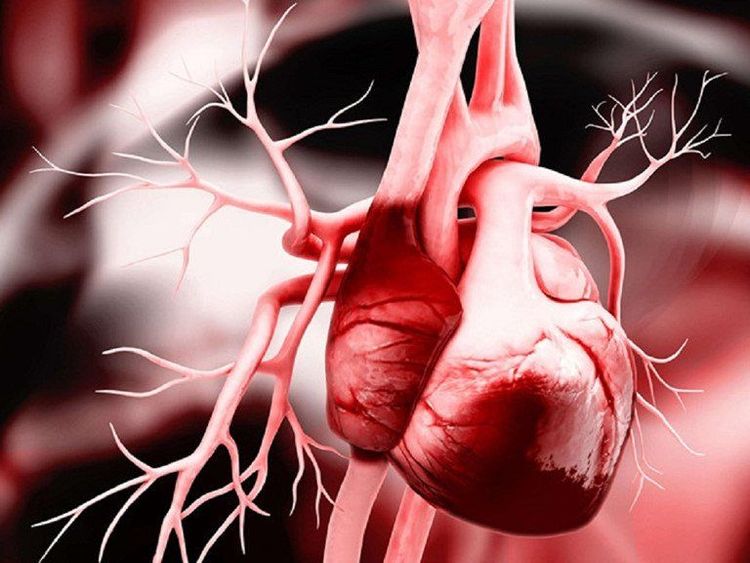
Please dial HOTLINE for more information or register for an appointment HERE. Download MyVinmec app to make appointments faster and to manage your bookings easily.





